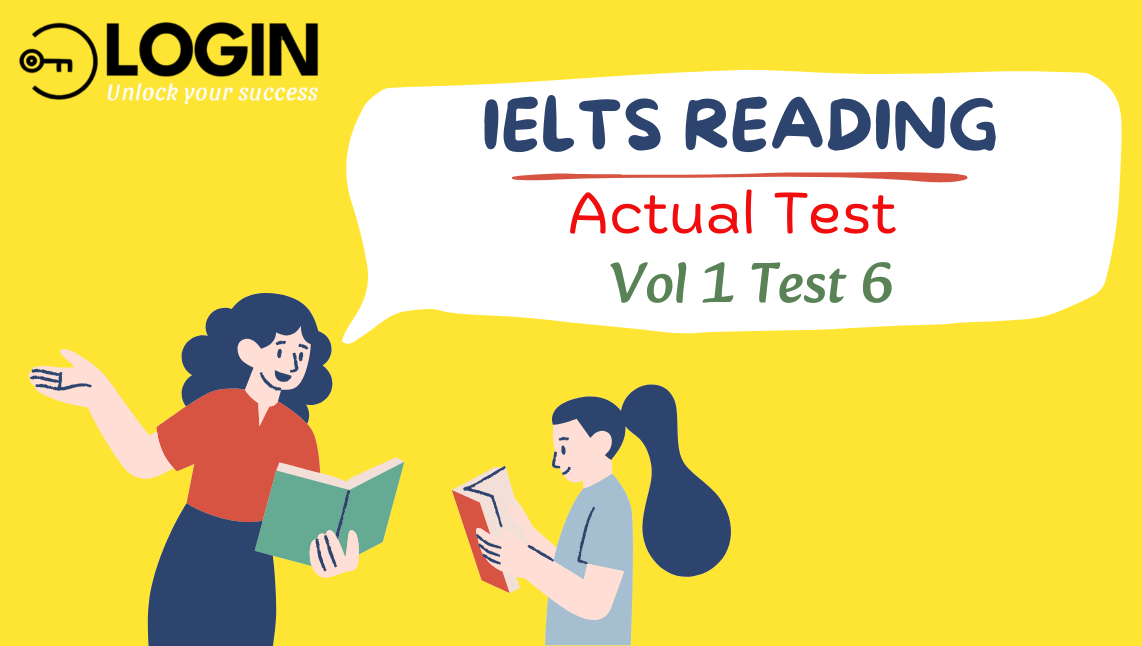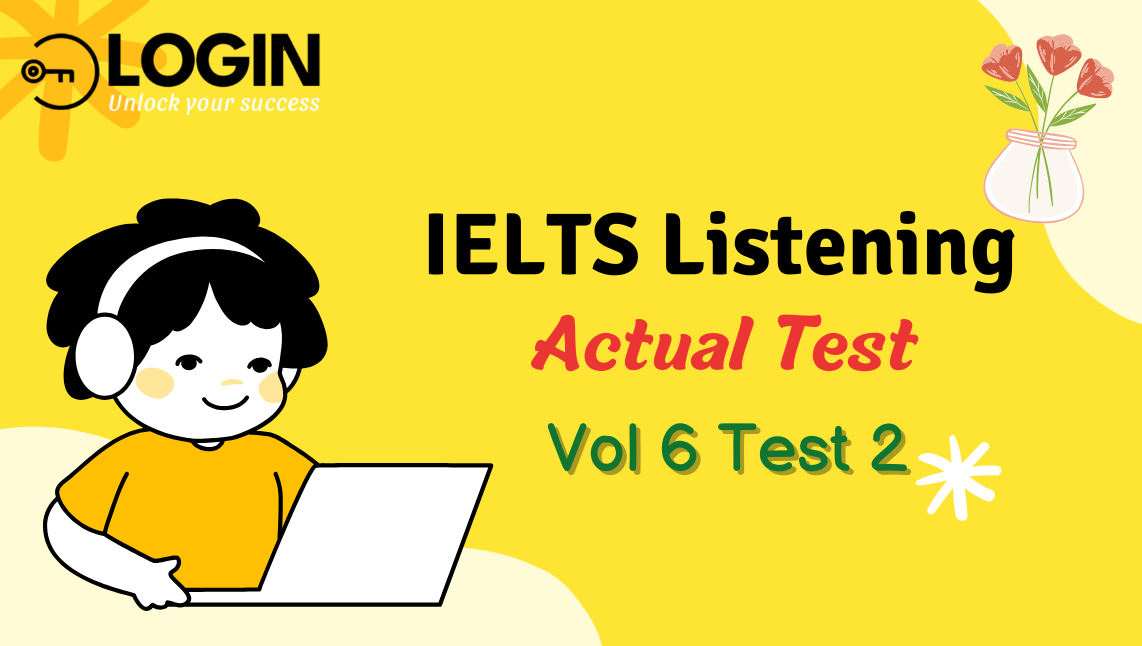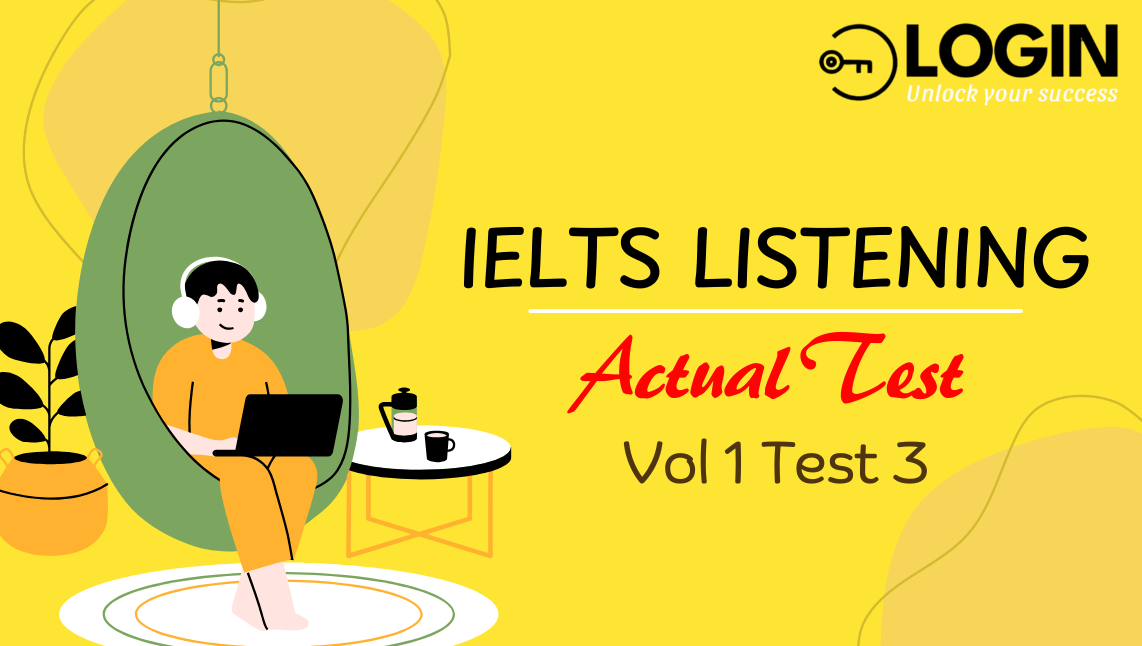"Describe a sports person or team that you like" – một chủ đề tưởng như quen thuộc nhưng lại là cơ hội tuyệt vời để bạn thể hiện niềm đam mê, kiến thức và khả năng truyền cảm hứng trong phần thi IELTS Speaking Part 2. Một vận động viên hay đội thể thao yêu thích không chỉ đại diện cho tài năng xuất chúng mà còn là biểu tượng của tinh thần bền bỉ, đạo đức nghề nghiệp hoặc những giá trị nhân văn sâu sắc. Đây chính là lúc bạn kết hợp giữa kể chuyện cá nhân và phân tích, giúp bài nói vừa chân thật vừa giàu tính thuyết phục.
Để bạn tự tin tỏa sáng, IELTS Login cung cấp lộ trình chi tiết: dàn ý logic, từ vựng "đắt giá" theo chủ đề, cùng các cấu trúc câu đa dạng từ miêu tả đến bày tỏ cảm xúc. Hãy biến phần thi của mình thành một câu chuyện cuốn hút, khiến giám khảo không chỉ ấn tượng về điểm số mà còn nhớ mãi về nhiệt huyết của bạn!
PART 2. Describe a sports person or team that you like
You should say:
- Who this person is
- What this person has achieved
- How you know about this person
And explain why you like this person
One sports person that I truly admire is Nguyen Thi Anh Vien, a famous Vietnamese swimmer. I’ve been following her career for years, and I see her as a symbol of determination and relentless effort in sports.
From a very young age, Anh Vien showed exceptional talent in swimming. She rose to national fame by winning numerous gold medals at youth competitions in Vietnam. Her most remarkable achievement came at the 2015 SEA Games, where she won 8 gold medals and broke 8 records — an extraordinary accomplishment that made headlines across Southeast Asia. She has also represented Vietnam at the Olympic Games and other major international tournaments, putting Vietnamese swimming on the global map.
I first learned about Anh Vien through sports news on TV and in newspapers. What impressed me the most wasn’t just her results, but the image of a small but strong girl pushing herself in intense training sessions, often under tough conditions. Watching behind-the-scenes footage of her daily routine made me realize how much dedication it takes to become a top athlete.
What I love about Anh Vien is not only her talent, but also her humble attitude and mental strength. Despite all her success, she never brags. Instead, she stays grounded, works hard, and treats every competition as a learning experience. She inspires me not only in sports, but also in life — showing me that with hard work and persistence, any goal is possible.
relentless effort: nỗ lực không ngừng
exceptional talent: tài năng xuất chúng
rose to fame: trở nên nổi tiếng
brag (V): khoe khoang
stay grounded: sống giản dị, không kiêu ngạo
FOLLOW-UP QUESTIONS
Should athletes be expected to be role models outside of their sport?
Honestly, it's a tricky balance. Athletes can inspire people beyond sports, but they shouldn't be forced into that role. On one hand, they have huge influence - kids imitate them, fans listen to them. When they promote good values or support causes, that's powerful. But on the other hand, they're human. We can't expect them to be perfect just because they're good at sports. Their main job is to compete, not to be saints. Athletes who choose to use their platform for good deserve respect. But we shouldn't judge those who just want to focus on their sport. After all, true role models aren't made by expectations - they're made by actions.
inspire beyond sports: truyền cảm hứng vượt ra ngoài thể thao
promote good values or support causes: thúc đẩy các giá trị tốt hoặc ủng hộ các hoạt động ý nghĩa
expectation (N): kỳ vọng
PART 3.
1. Are sports important for children?
There are several important reasons why sports play an essential role for children. Physically, sports help children develop muscles, boost immunity, and prevent health issues like obesity. Mentally, sports teach children discipline, focus, and how to handle failure - valuable life lessons for their future. Socially, participating in team sports helps children learn cooperation, effective communication and build lasting friendships. A child playing soccer not only builds physical strength but also learns teamwork when cooperating with peers to score goals. Sports are not just about physical activity but also serve as children's first school for important life skills.
boost immunity: tăng cường hệ miễn dịch
handle failure: đối mặt với thất bại
valuable life lessons: bài học quý giá cho cuộc sống
cooperation: sự hợp tác
2. How can we make children aware of the importance of doing sports?
There are many effective ways to encourage children's participation in sports, most importantly by creating a fun environment and positive role models. Schools should introduce sports early in the curriculum, designing enjoyable activities rather than forced exercises. Parents and teachers should lead by example through their own active lifestyles. Praising effort over results and media stories about athlete role models can boost children's interest. When sports become natural fun rather than obligation, children will voluntarily participate and maintain long-term engagement.
role model: hình mẫu
lead by example: làm gương
boost children's interest: tăng sự hứng thú của trẻ
voluntarily (ADV): tự nguyện tham gia
3. What are the benefits of sports for children?
Sports offer comprehensive benefits for children's development. Physically, regular sports activities help children develop strong bones and muscles, boost immunity, and effectively manage weight. Studies show children who play sports at least 3 times weekly have a 30% lower obesity risk than inactive peers. Mentally, sports teach valuable lessons in discipline and perseverance. Each time children push past their limits or bounce back from failure builds their confidence. Notably, physical activity releases endorphins - happiness hormones that help reduce academic stress. The social benefits of sports are equally significant. Through team sports, children learn communication, cooperation and respect for rules.These skills prove valuable not just in childhood but form crucial foundations for adulthood.
perseverance: sự kiên trì
push past limits: vượt qua giới hạn
bounce back from failure: đứng dậy sau thất bại
endorphins: hormone hạnh phúc
crucial foundations: nền tảng quan trọng
4. Do children need to exercise?
Yes, without a doubt. Physical activity is essential for a child’s holistic development, just as crucial as academic education. Engaging in regular exercise boosts children’s physical health and serves as an effective way to relieve stress caused by schoolwork. According to the World Health Organization, children should participate in at least 60 minutes of physical activity daily to maintain a healthy body and mind. Without adequate exercise, children face increased risks of serious health issues such as obesity and heightened anxiety, which are commonly linked to a sedentary lifestyle. Therefore, encouraging children to stay active is vital for their well-being and long-term development.
holistic development: sự phát triển toàn diện
adequate exercise: luyện tập đầy đủ
heightened anxiety: lo âu gia tăng
Xem thêm:
IELTS Speaking Part 2+3: Describe a promise that you've made with someone (Sample Answer)
IELTS Speaking Part 2+3: Describe a rule (in school or work) that you don’t like (Sample Answer)
IELTS Speaking Part 2+3: Describe a useful skill you learned from an older person (Sample Answer)
IELTS Speaking Part 2+3: Describe an ambition that you haven’t achieved (Sample Answer)
IELTS Speaking Part 1: Feeling Bored (Sample Answer)
_________________
Biên soạn bởi IELTS Login Academic Team
- Bài mẫu IELTS Writing Task 2 - Giải đề thi thật
- Dịch đề và phân tích đáp án chi tiết IELTS Reading (Actual Test - Vol 1 Test 6)
- Giải đề IELTS Listening (Actual Test - Vol 6 Test 2)
- IELTS Speaking Part 1: Birthday (Sample Answer)
- Từ vựng hay (Chủ đề Food)
- Giải đề IELTS Listening (Actual Test - Vol 1 Test 3)
- IELTS Speaking Part 1: Puzzle (Sample Answer)
- Dịch đề và phân tích đáp án chi tiết IELTS Reading (Actual Test - Vol 1 Test 5)








